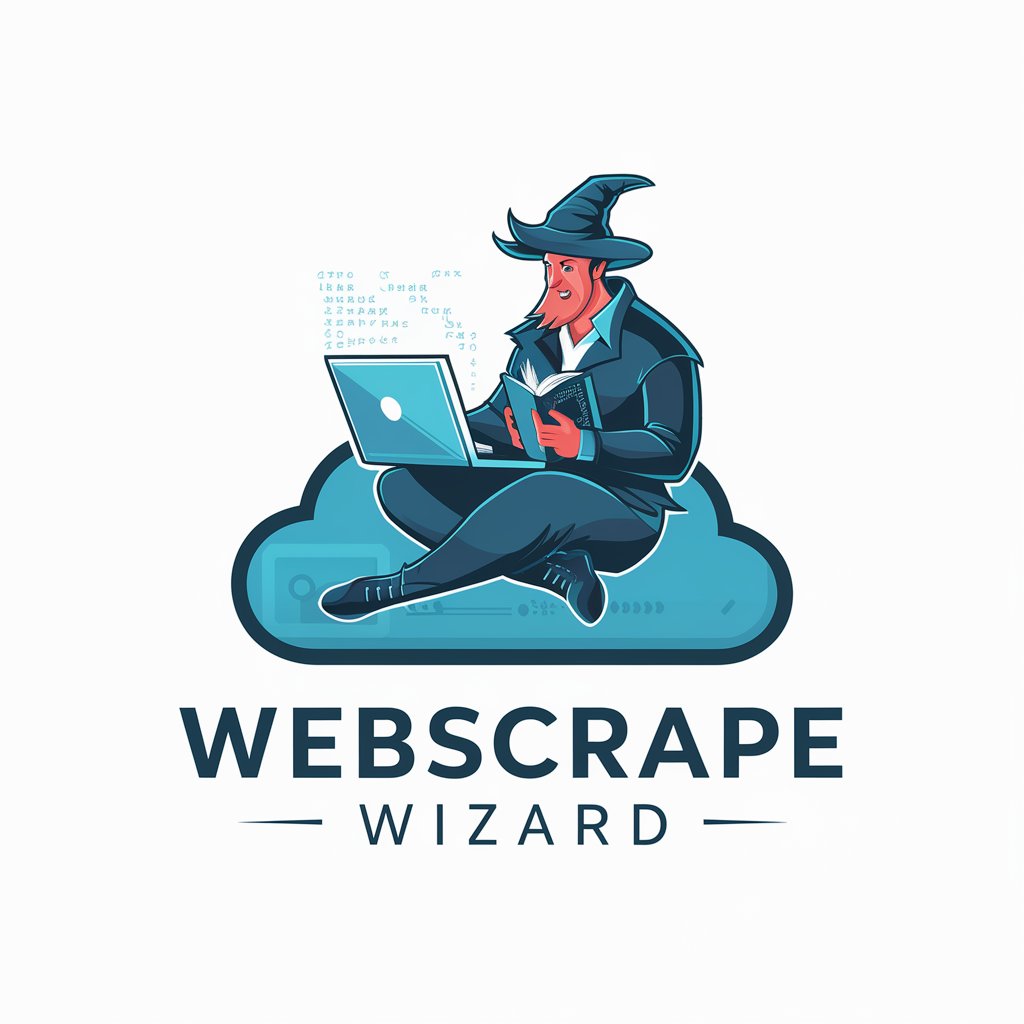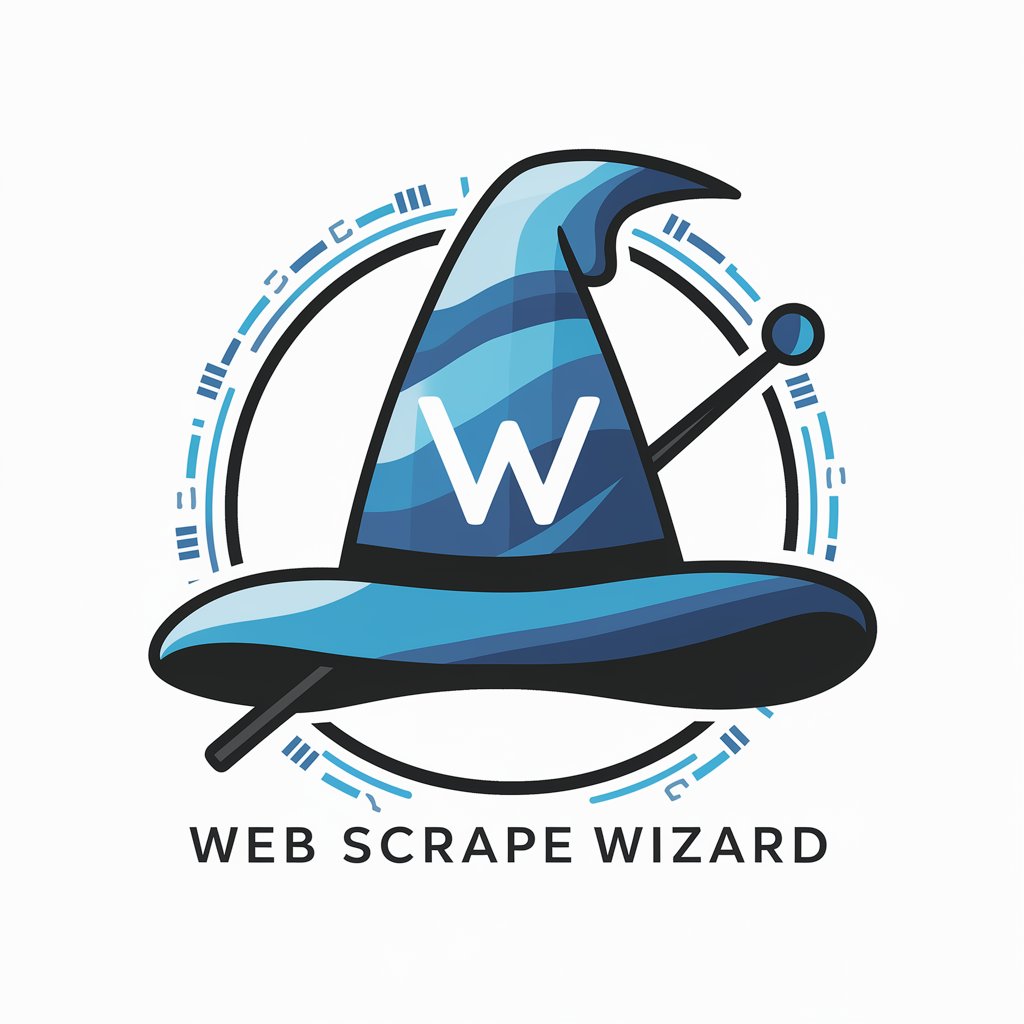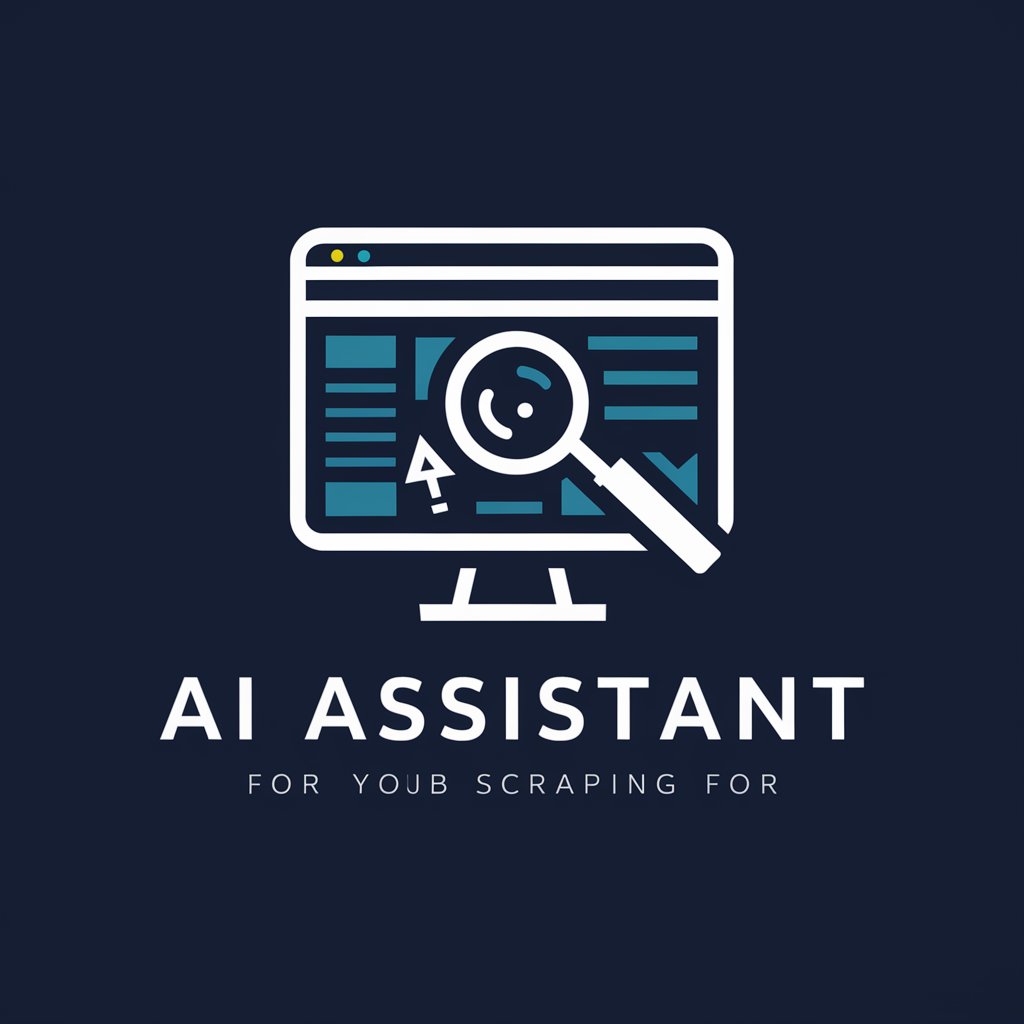
Web Scraping Wizardry - AI-Powered Data Scraping
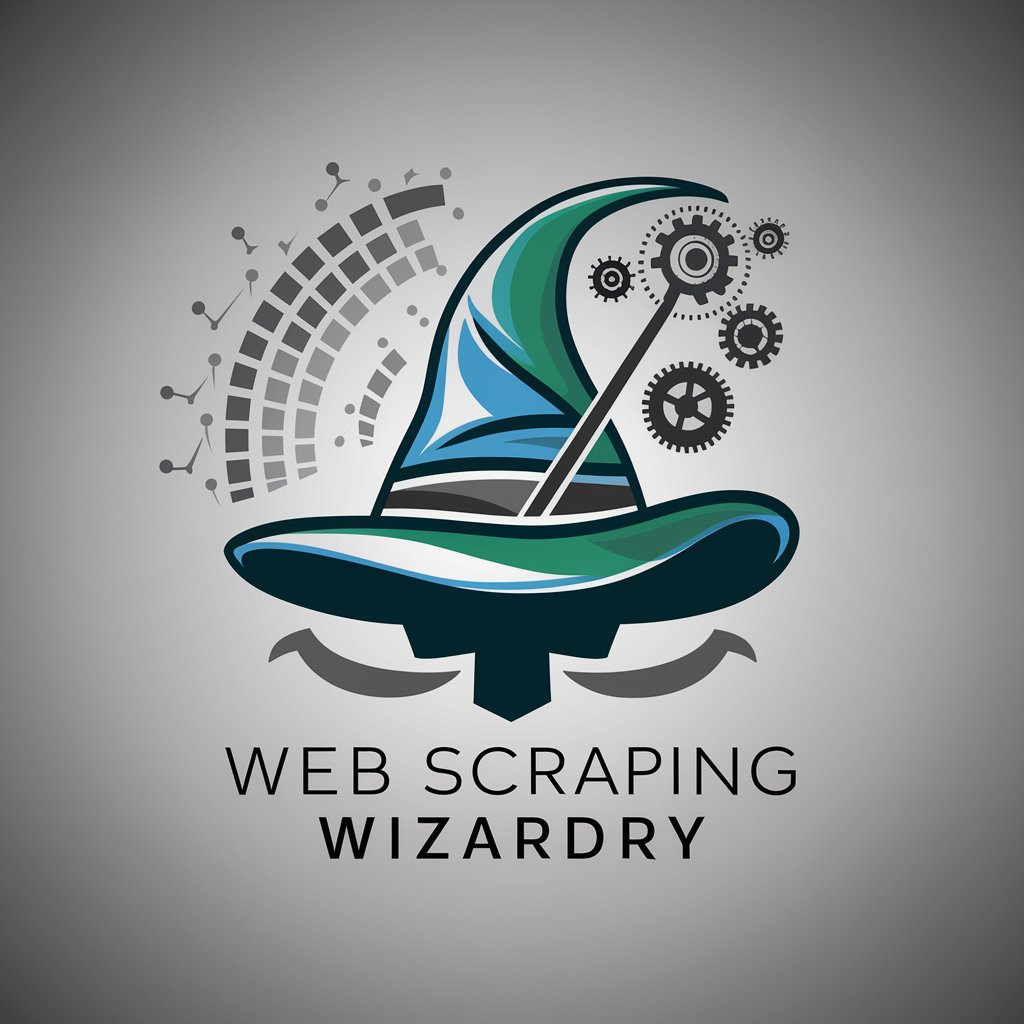
Welcome! Ready to master web scraping and machine learning?
Harness AI to Extract and Process Web Data
How can I ethically scrape data from a website for a machine learning project?
What are the best practices for using BeautifulSoup in web scraping?
How do I train a machine learning model using data extracted with Scrapy?
Can you guide me through the process of cleaning web-scraped data for analysis?
Get Embed Code
Overview of Web Scraping Wizardry
Web Scraping Wizardry is designed as a specialized tool to assist users in extracting data from various online sources efficiently and ethically. Its purpose is to guide users through the entire process of web scraping, from identifying and retrieving data to processing and utilizing it in machine learning models. This tool embodies a combination of programming expertise, focusing on Python, with an emphasis on popular libraries such as BeautifulSoup and Scrapy for scraping, and TensorFlow or scikit-learn for machine learning. Web Scraping Wizardry is also built to ensure that all data handling adheres to legal and ethical standards, emphasizing the importance of checking Robots.txt files, avoiding excessive server requests, and ensuring data privacy. An example scenario where Web Scraping Wizardry is utilized involves a user planning to develop a machine learning model to predict stock prices based on news article sentiments. The tool would guide the user through scraping relevant financial news websites, extracting sentiment data, preprocessing it, and training a predictive model. Powered by ChatGPT-4o。

Core Functions of Web Scraping Wizardry
Data Extraction
Example
Using BeautifulSoup to parse HTML content from news websites to gather articles.
Scenario
A data scientist wants to analyze the impact of global events on local markets. They use Web Scraping Wizardry to scrape news headlines and content, then apply natural language processing to extract entities and sentiment.
Data Cleaning and Preprocessing
Example
Applying text normalization and removing special characters and stop words to prepare text data for analysis.
Scenario
An academic researcher is compiling a dataset of academic papers from multiple university databases. They use the tool to clean the data by removing formatting issues and normalizing text to ensure consistency across the dataset.
Machine Learning Model Training
Example
Using scikit-learn to train a regression model to predict real estate prices from scraped data.
Scenario
A real estate analyst collects data on property listings, including features like location, size, and price. They use Web Scraping Wizardry to train a model that predicts prices based on these features, aiding in investment decisions.
Target User Groups for Web Scraping Wizardry
Data Scientists
Data scientists who require large datasets from diverse web sources for complex analyses and model building. They benefit from Web Scraping Wizardry’s ability to automate data collection and preprocessing, enabling them to focus on insights and model optimization.
Academic Researchers
Researchers in fields like social sciences or economics often need access to up-to-date data from various sources. The tool assists them in ethically scraping data that can be crucial for empirical studies, policy analysis, or tracking trends over time.
Business Analysts
Business analysts looking for market trends, competitor analysis, and consumer feedback across multiple platforms. Web Scraping Wizardry facilitates the extraction and analysis of relevant data, which can be used to drive business strategies and decisions.

Guidelines for Using Web Scraping Wizardry
Step 1
Start by visiting yeschat.ai to access a free trial of Web Scraping Wizardry without needing to log in or subscribe to ChatGPT Plus.
Step 2
Familiarize yourself with the tool's documentation and tutorials to understand its capabilities and the ethical guidelines for web scraping.
Step 3
Configure your scraping settings according to your project needs—choose from data extraction, dataset creation for machine learning, or website monitoring.
Step 4
Utilize the built-in features for data cleaning and preprocessing to ensure the quality and usability of the data you collect.
Step 5
Regularly check the robots.txt of target websites to adhere to scraping permissions and avoid legal issues while using the scraping tools.
Try other advanced and practical GPTs
Web Scraping Entrepreneur
Harness AI for Smart Web Scraping
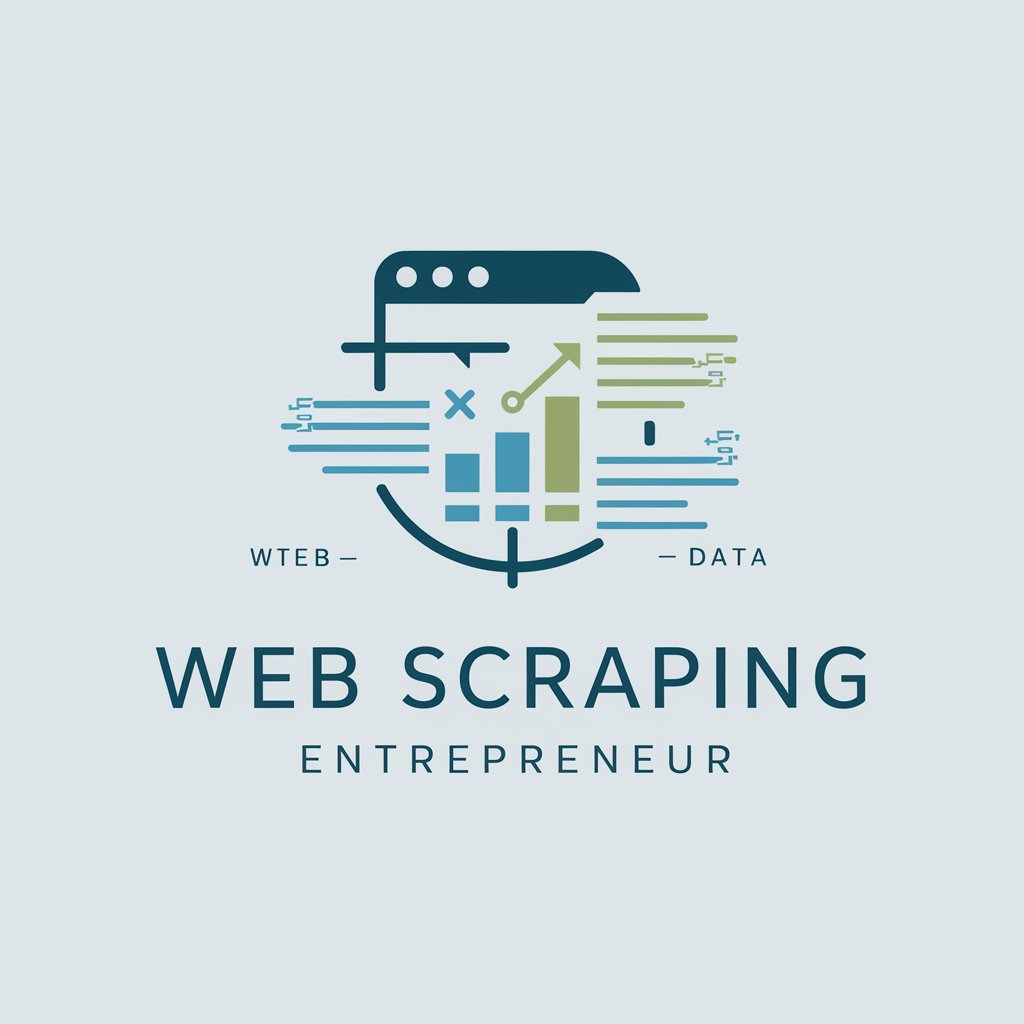
Web Scraping Wizard
AI-driven insights from the web
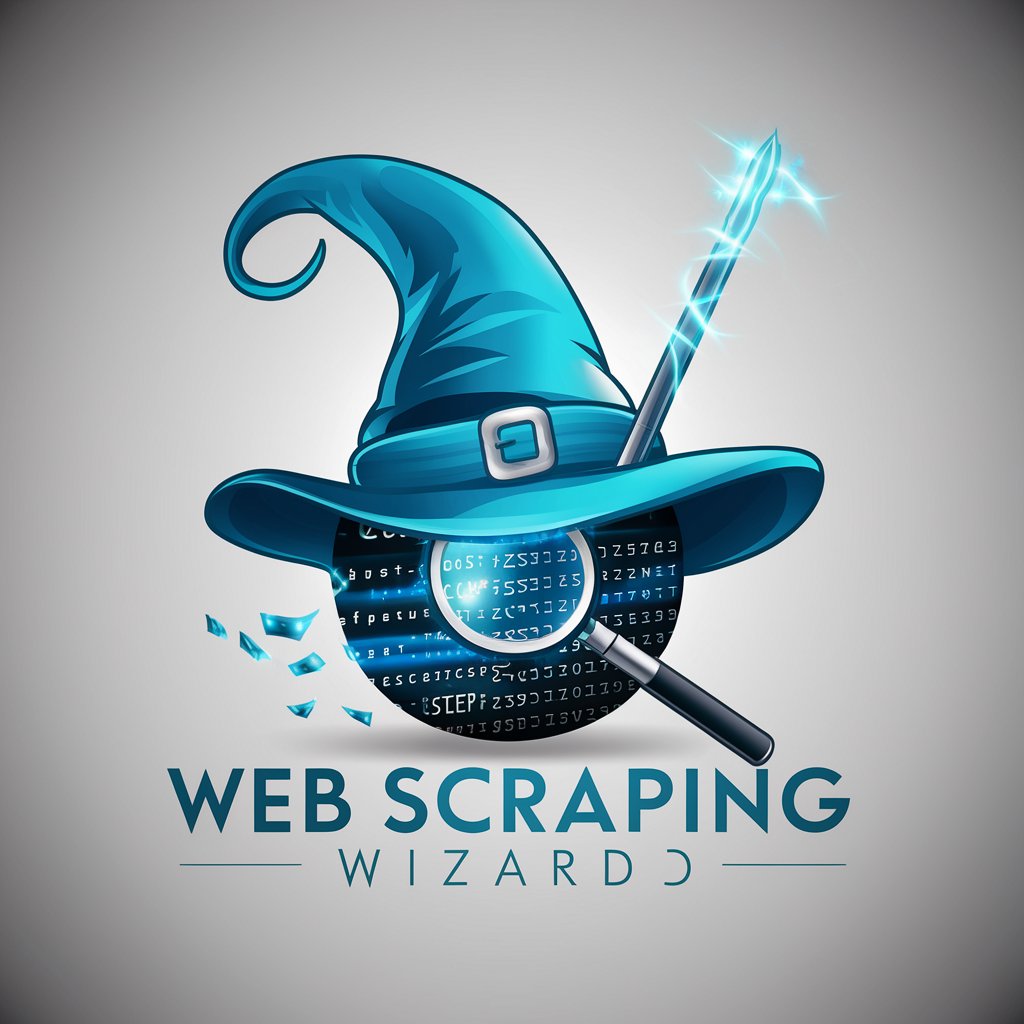
Web Scraping for Marketing
Harness AI for Strategic Market Insights
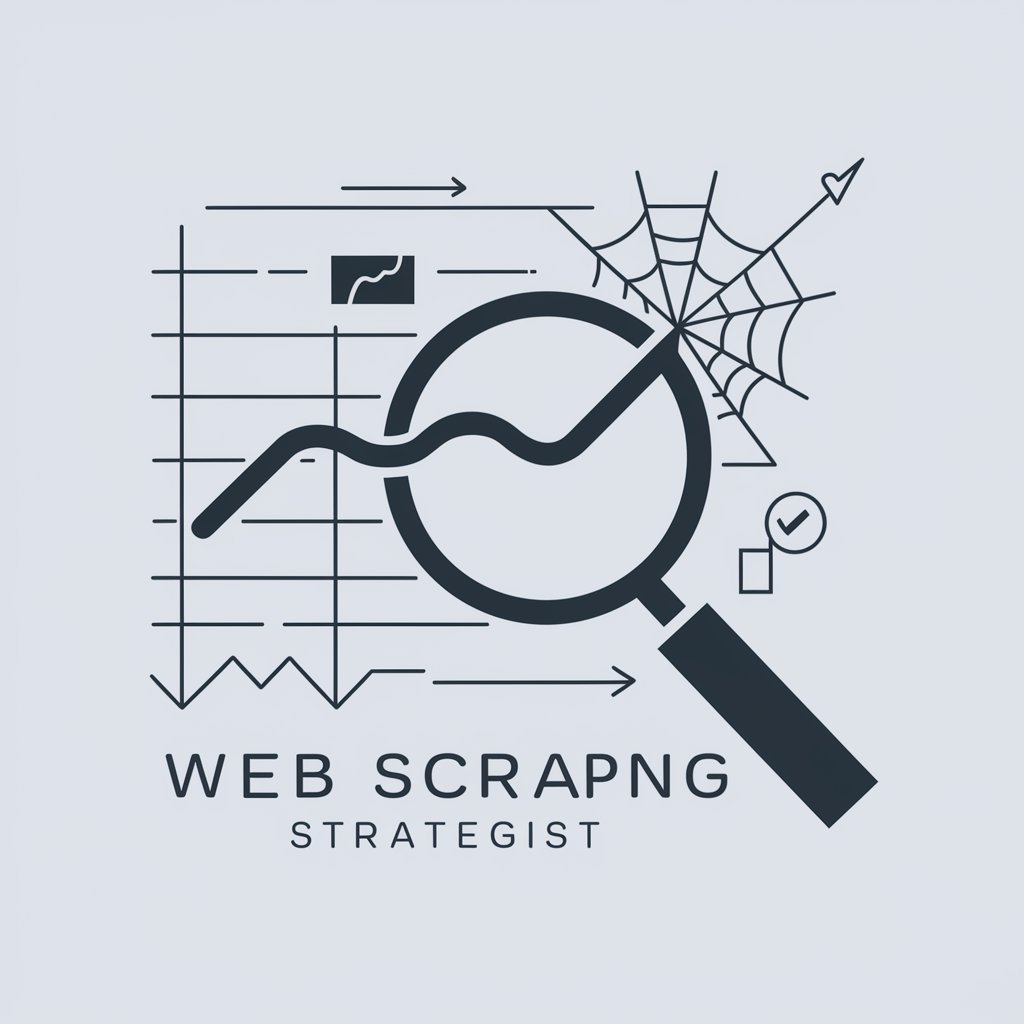
Web Scraping Travel Treasures
AI-powered travel data at your fingertips
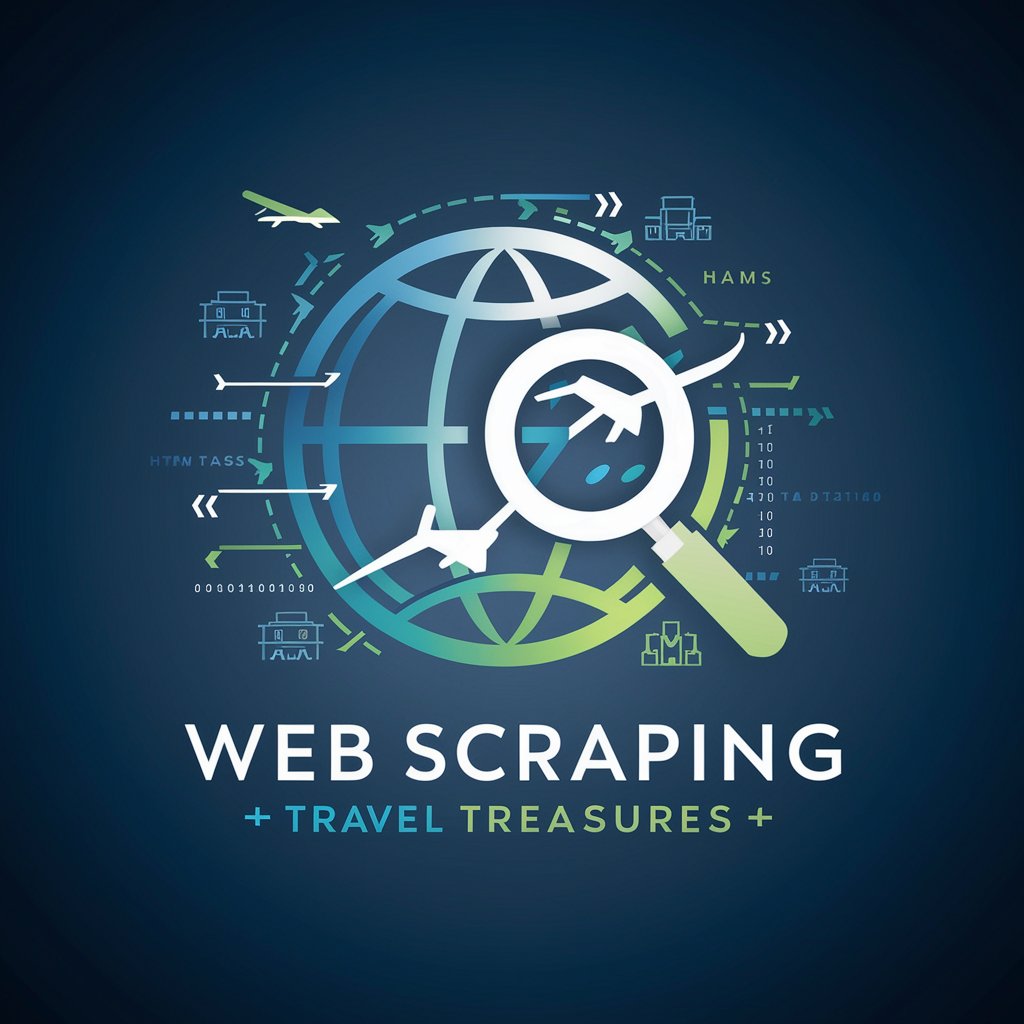
Contest Judge
Revolutionizing Contest Judging with AI
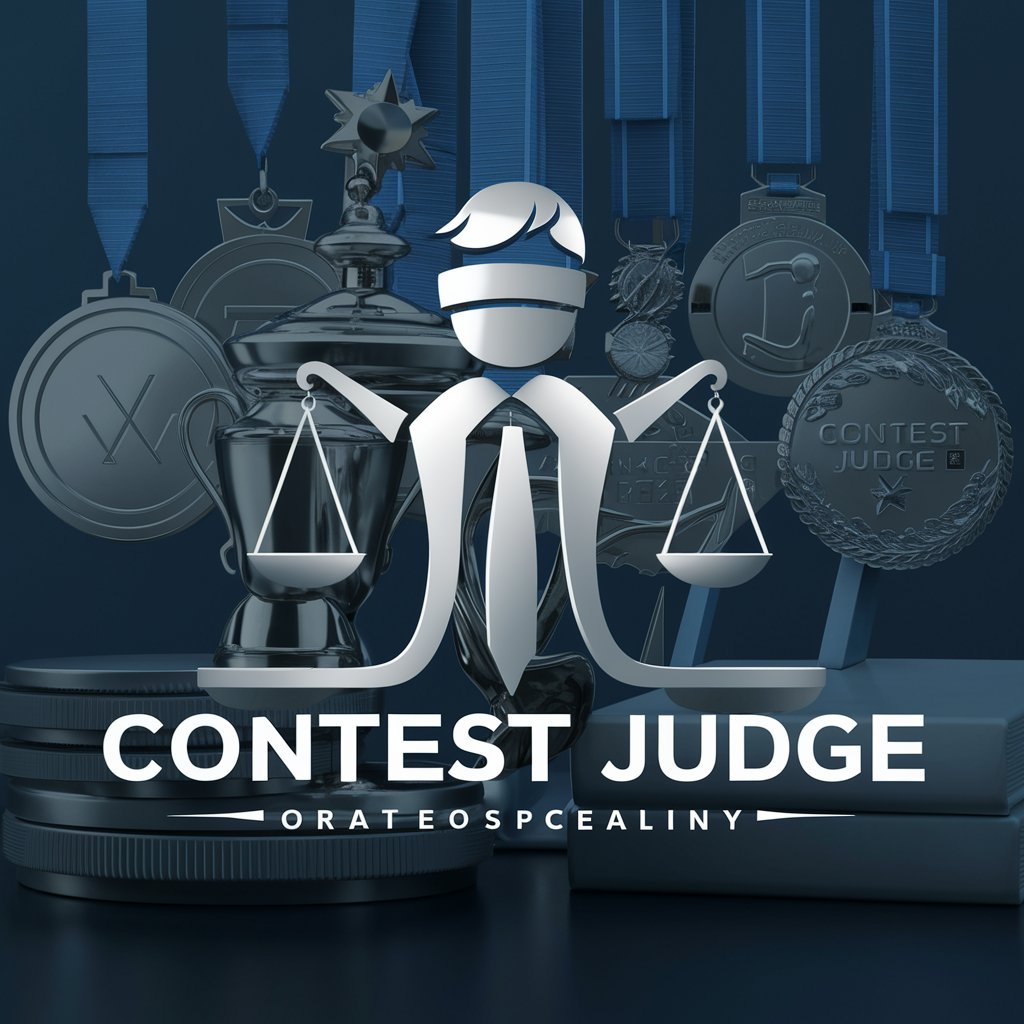
Voice Insight
Empowering insights with AI voice analysis

Web Scraping Wizard
Automate Data Extraction with AI
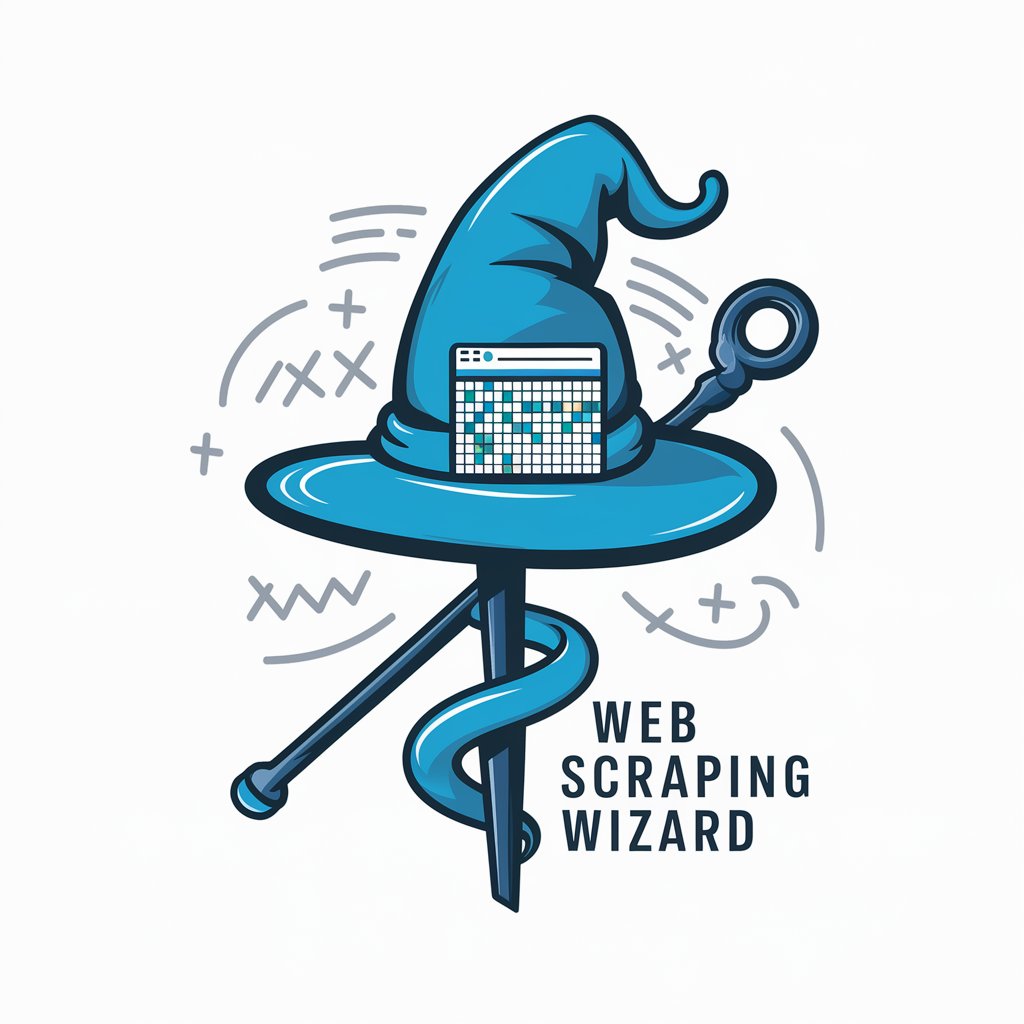
Web Scraping Wizard
AI-powered Web Scraping Simplified
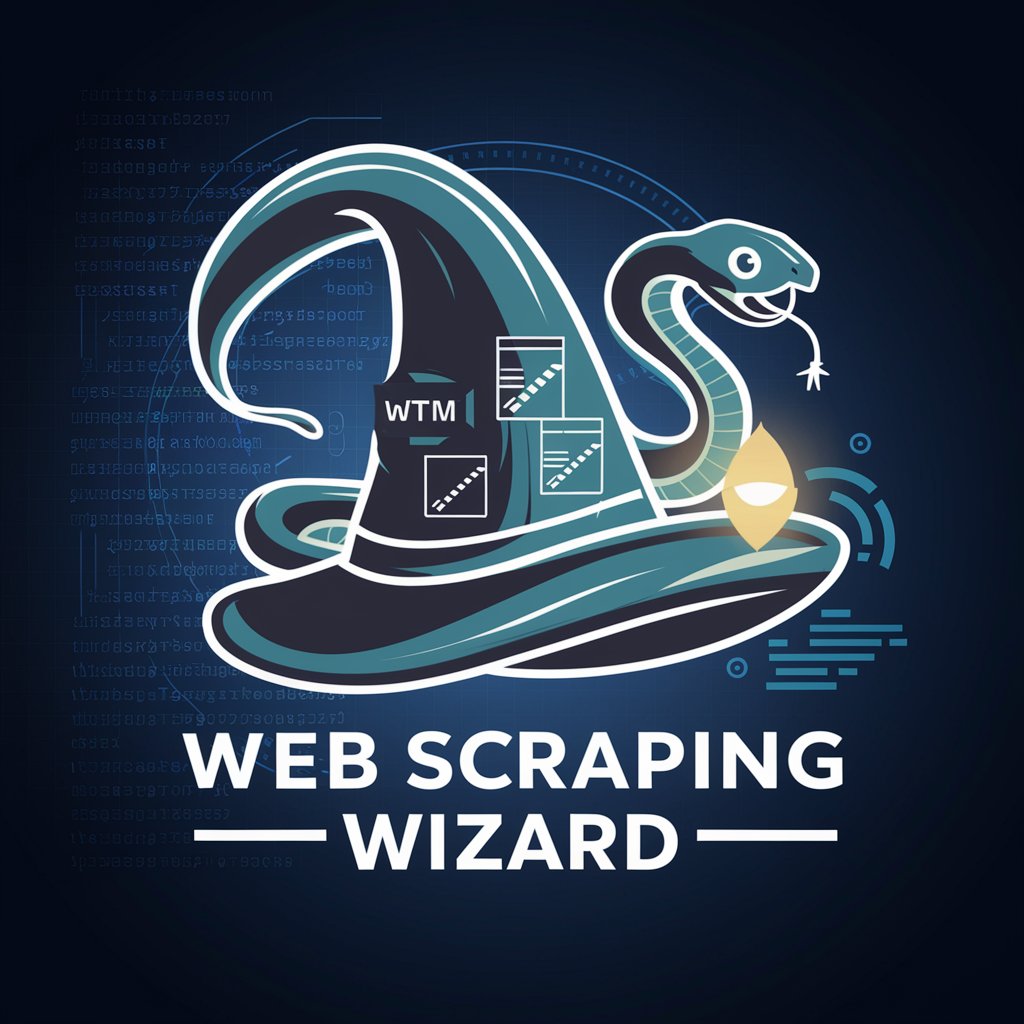
Web-Scraping-SC
Empower your strategy with AI-driven insights
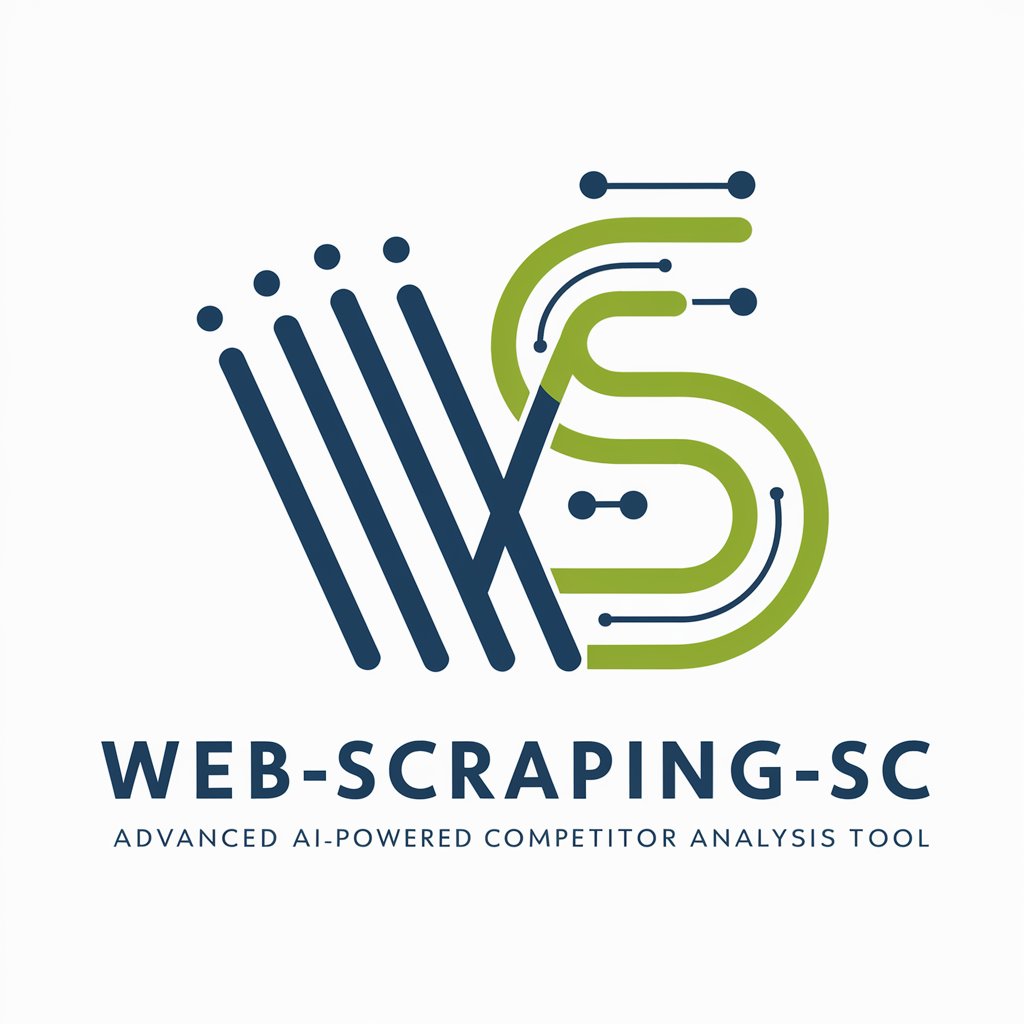
Web Scraping Wizard
Elevate Data Extraction with AI-Powered Insights
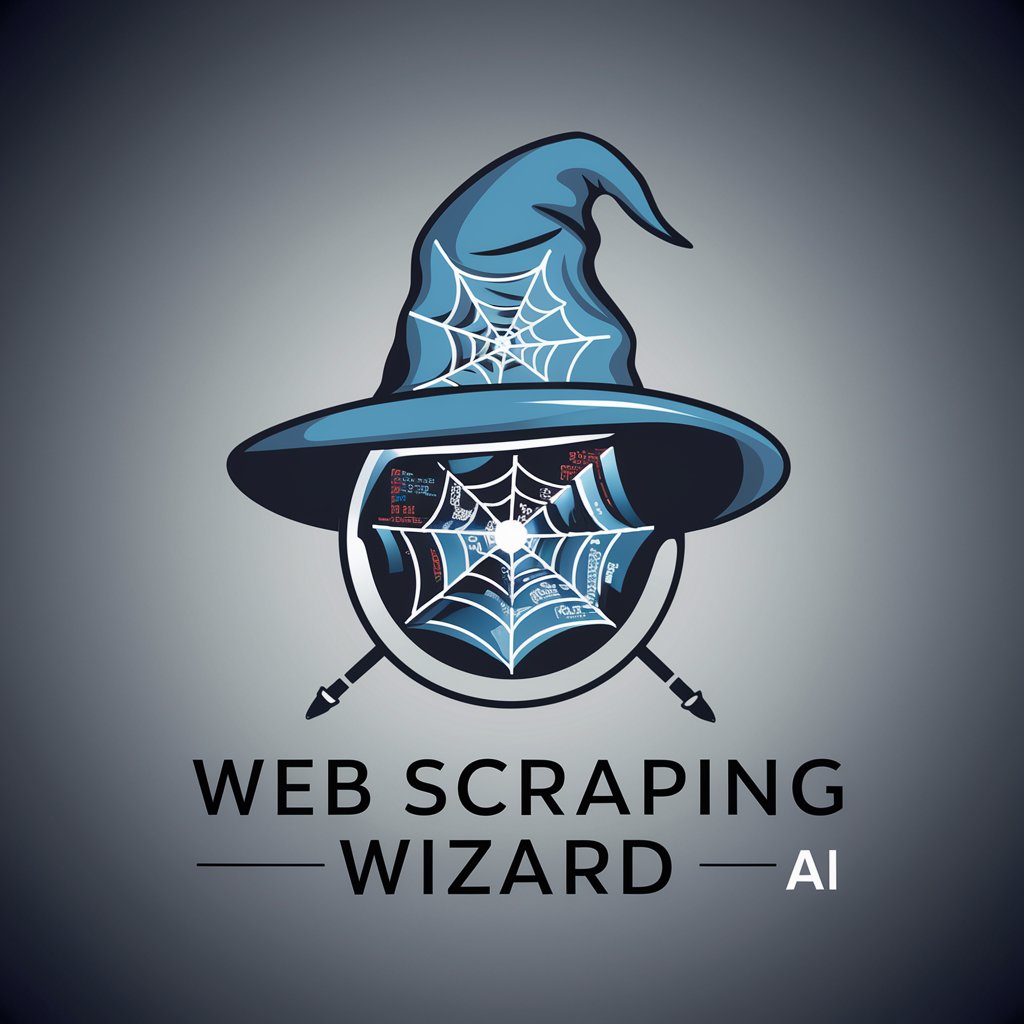
Web Scraper - Scraping Ant
Unleash AI-powered Web Scraping Capabilities
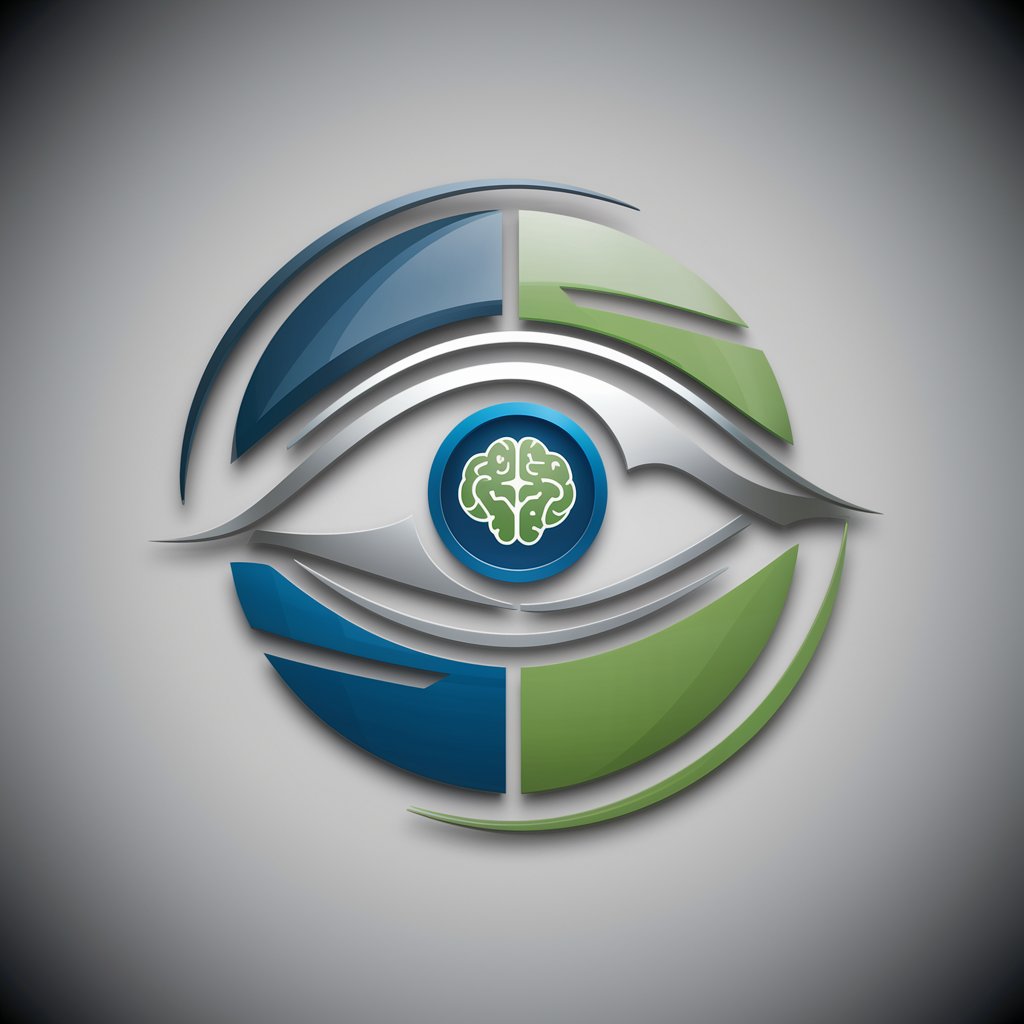
Code Commander
Empowering Development with AI

Frequently Asked Questions About Web Scraping Wizardry
What is Web Scraping Wizardry primarily used for?
It is used for automating the extraction of data from websites, preprocessing this data, and preparing it for machine learning and analytical applications, ensuring compliance with legal standards.
Can Web Scraping Wizardry handle dynamic websites?
Yes, it includes capabilities for scraping dynamic content from websites using JavaScript, AJAX, or similar technologies by simulating real user interactions.
How does Web Scraping Wizardry ensure legal compliance?
It automates the process of checking and respecting the directives specified in robots.txt files of websites, thus maintaining adherence to scraping permissions set by website owners.
Is there support for different data formats?
Yes, it supports extracting data in various formats including HTML, JSON, XML, and CSV, and offers tools for converting extracted data into a format suitable for analysis and processing.
What are some best practices for using Web Scraping Wizardry?
Best practices include setting reasonable request intervals to avoid server overload, using the data cleaning tools provided, and regularly updating scraping scripts to adapt to changes in website layouts.
